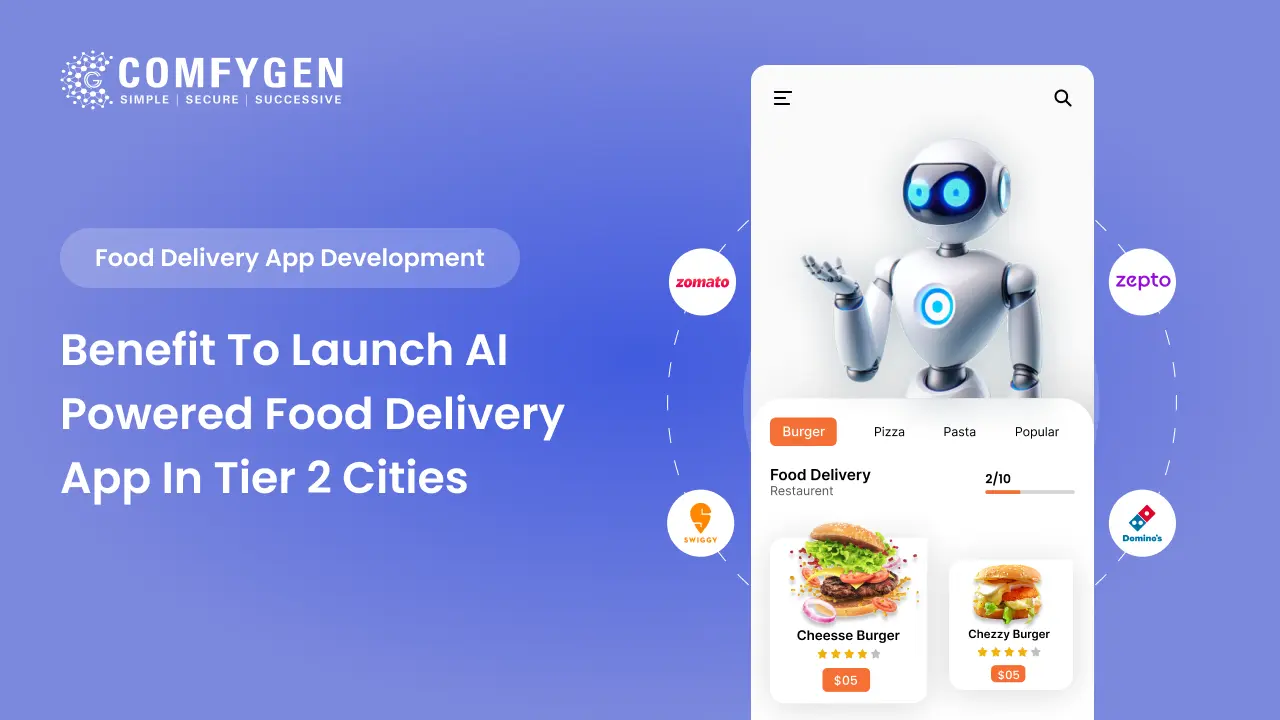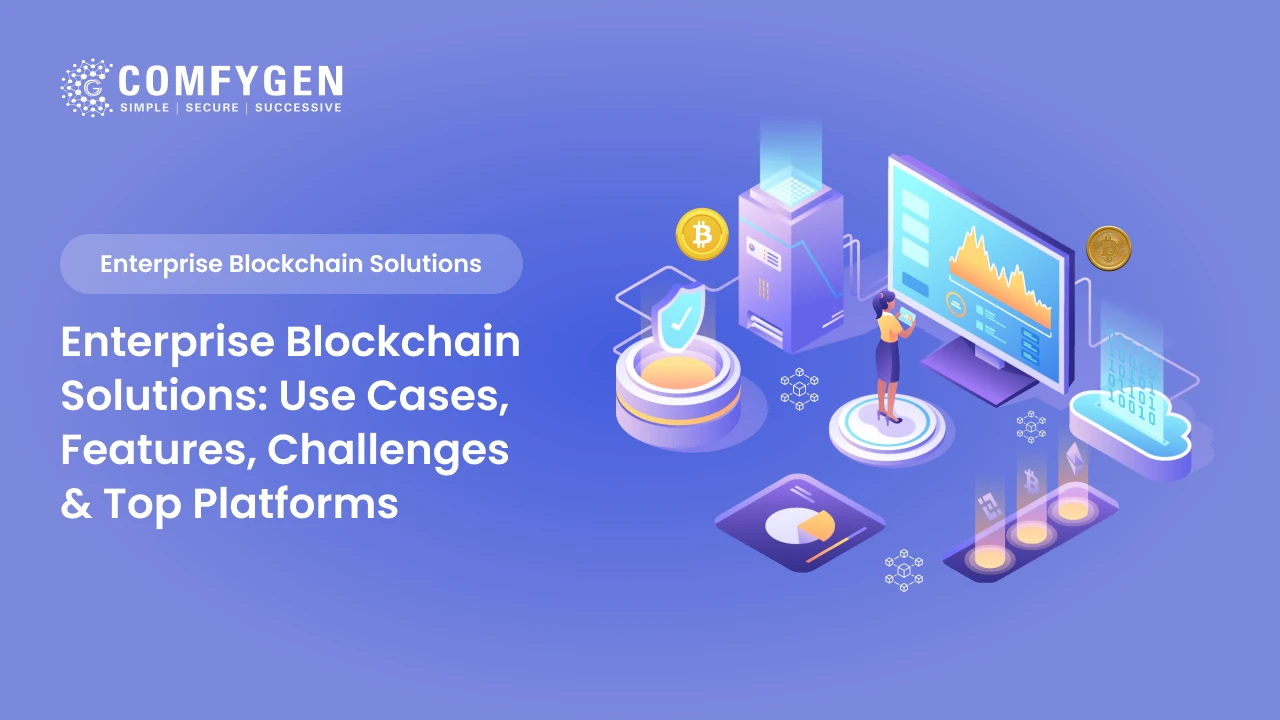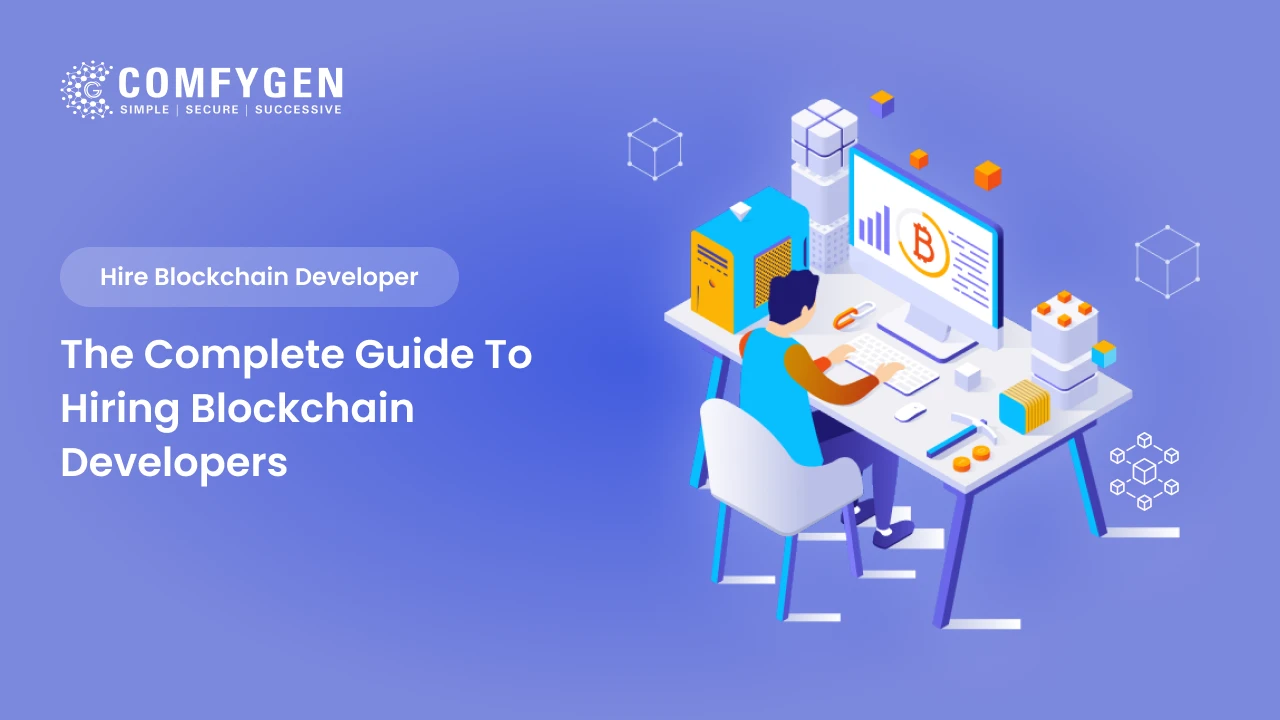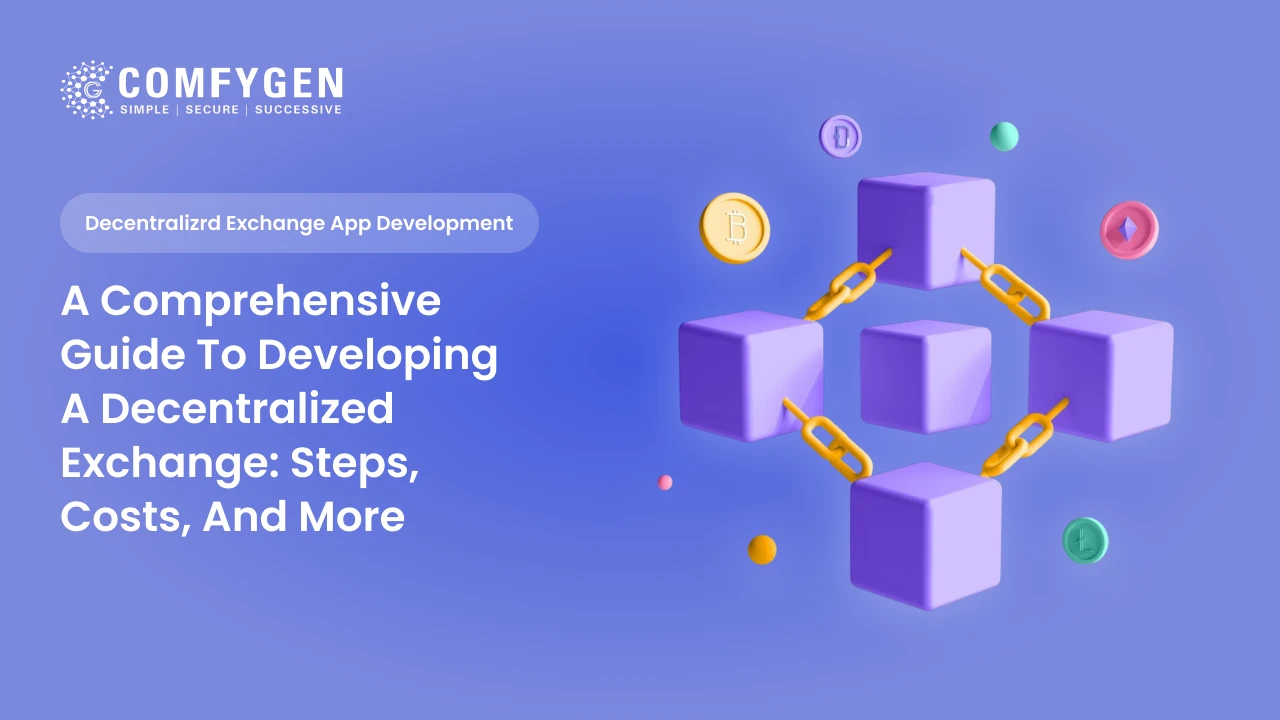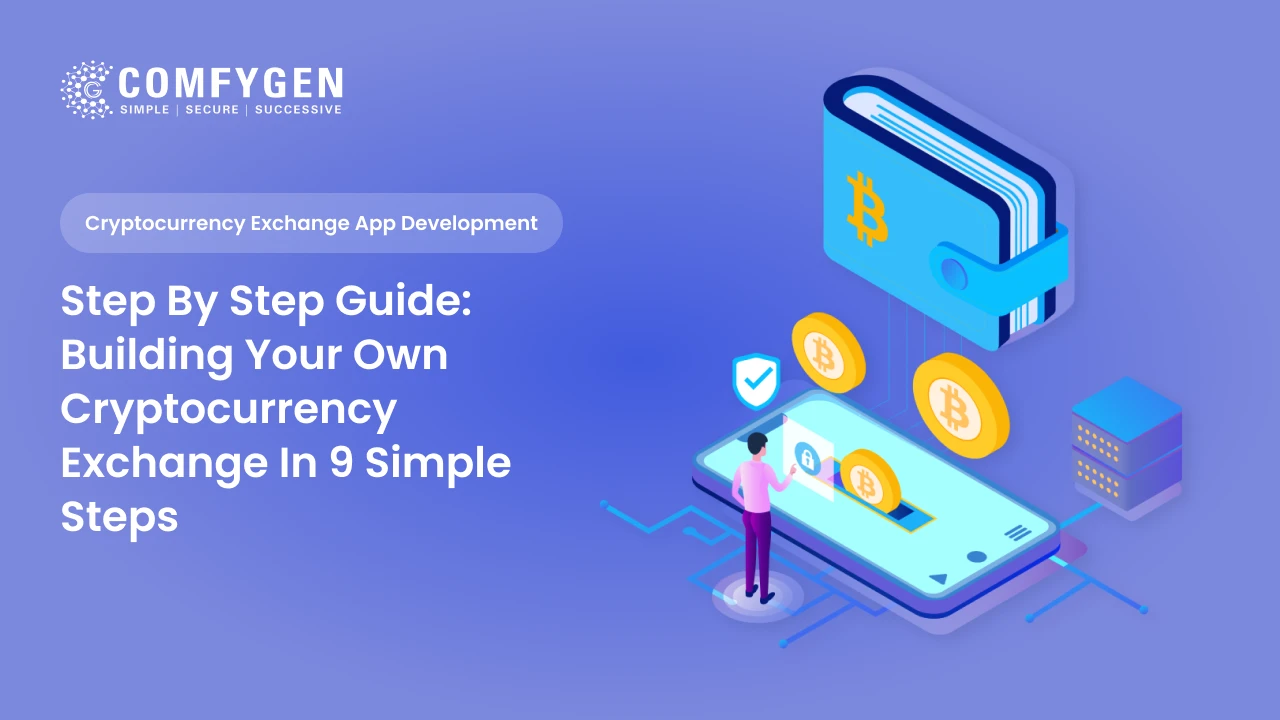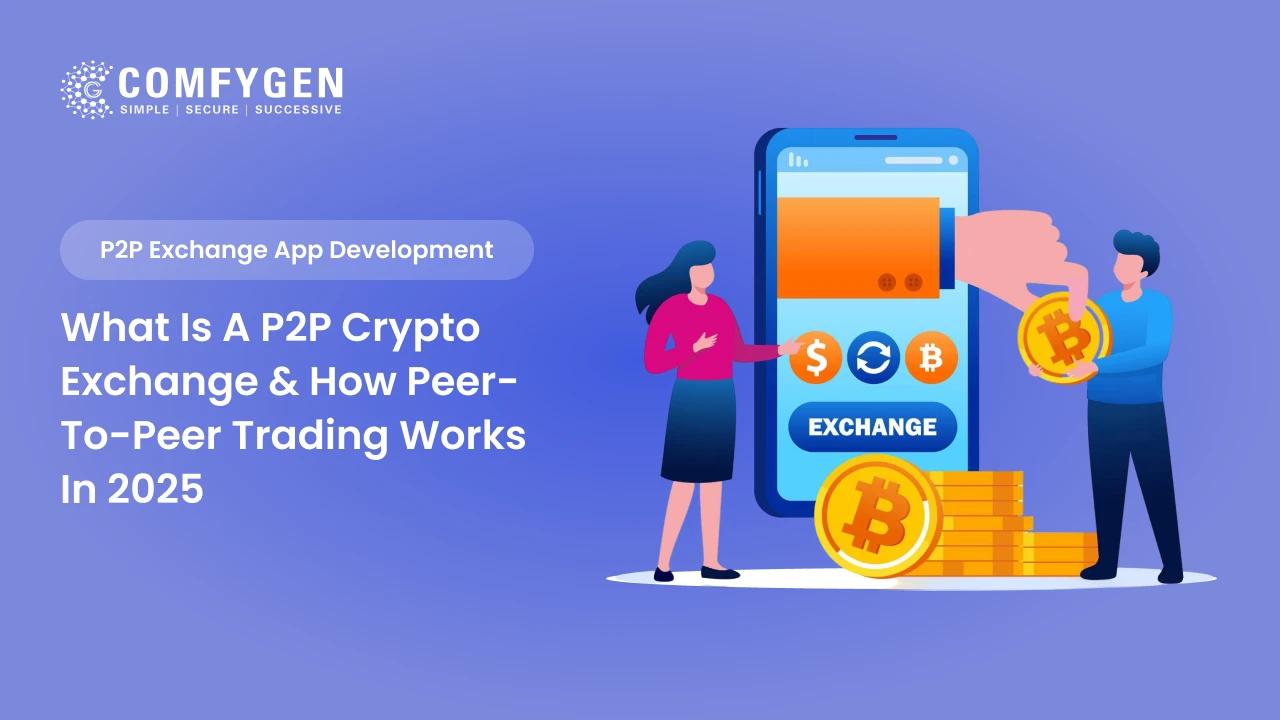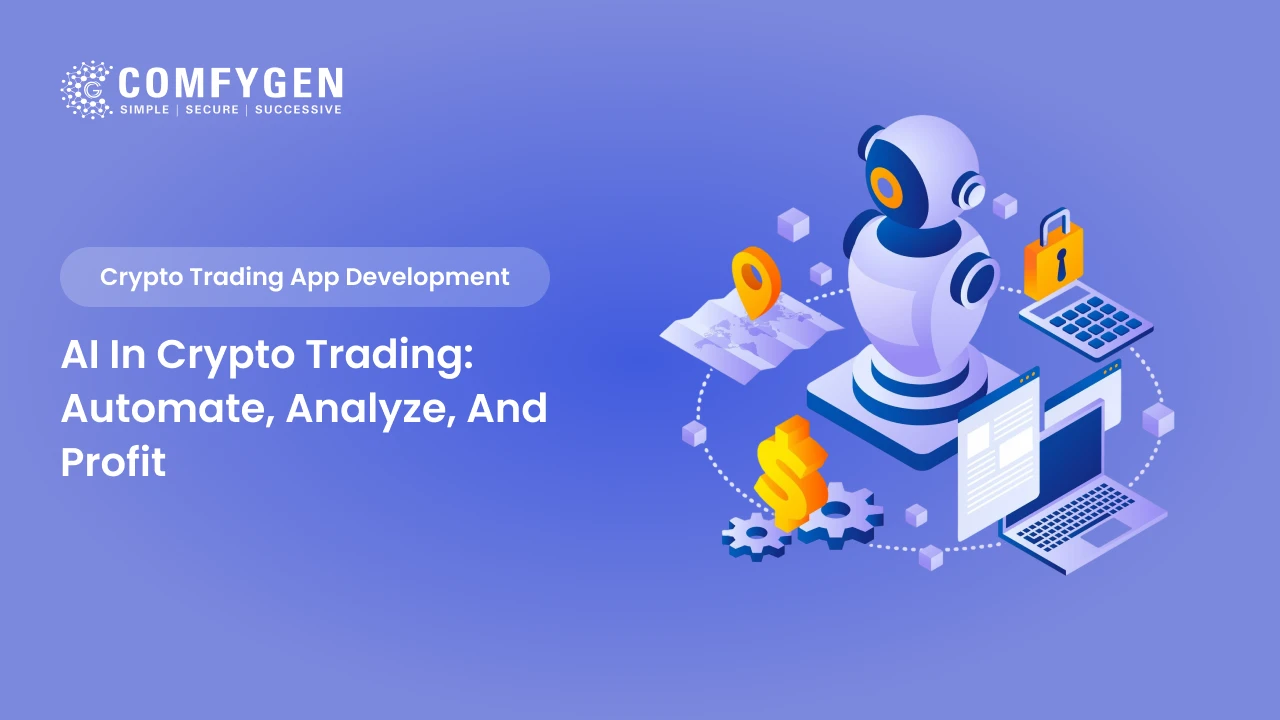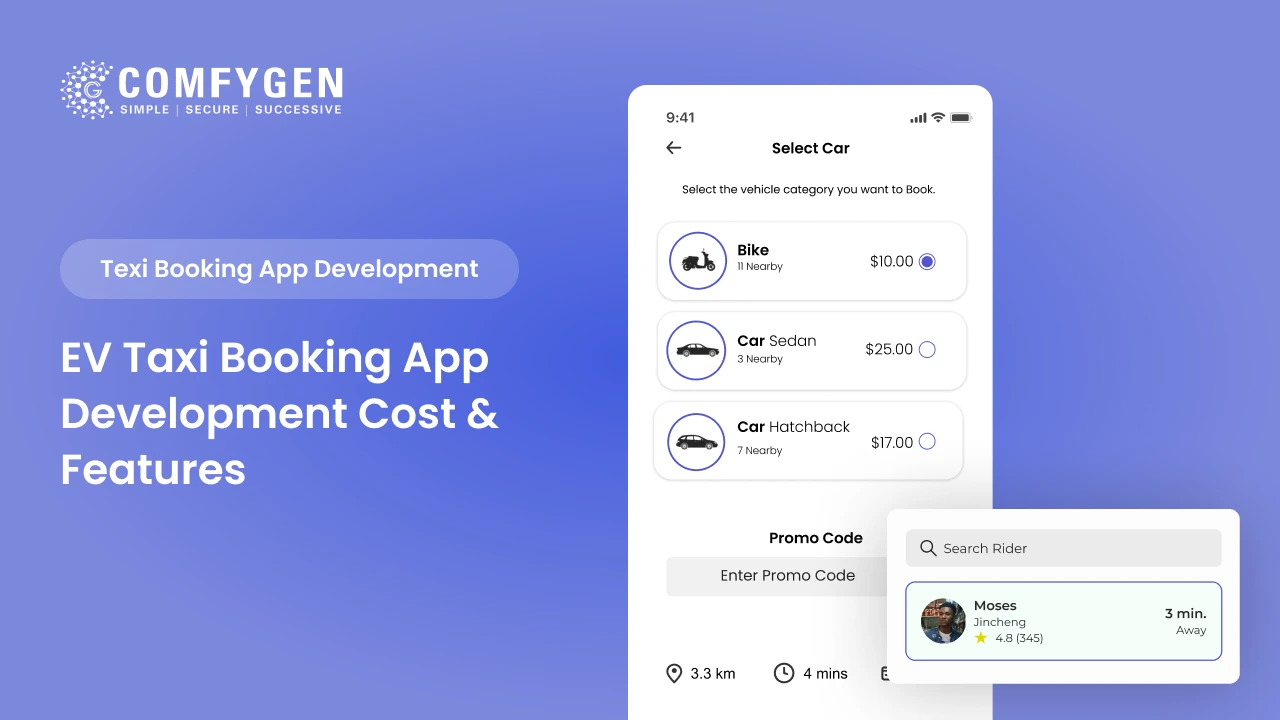Benefits to Launch AI Powered Food Delivery App in Tier 2 Cities
The food delivery market in India is expanding exponentially, projected to scale $12.3 Billion by 2025, with Tier 2 and Tier 3 cities contributing over 50% of the growth.
Due to urbanization and surged internet penetration, apps like Zomato and Swiggy report 20% YOY increase in food orders from smaller cities. However, the AI-powered food delivery app development offering more personalized features, relevant experiences, predictive analytics, and automated operations, ensures customer engagement, and higher profitability.
Investing in AI-driven food delivery apps in Tier 2 cities is a massive business opportunity to obtain sales from untapped markets, streamline logistics, AI-enabled chatbots assistance, and demand forecasting. However, it resulted in reducing the operational cost by 30% and improving order fulfillment by 25%.
This blog will share some key benefits of launching AI-powered food delivery apps in Tier 2 cities, some stats, what will AI do in the food delivery apps, challenges, and more. Before you invest, it is advisable to explore the possibilities shown below for improved & informed decision-making.
AI on Food Delivery App Impact in Tier 2 Cities: Key Statistics
Food delivery industry in India is exponentially growing, and Tier 2 Cities are playing pivotal roles in the case. The market is projected to reach $43.47 Billion in 2024 and $265.12 Billion by 2033; reflecting the CAGR of 22.5%.
Integrating AI into Food Delivery Apps being a major contributor to this expansion. The AI in food and beverages market is valued at $8.45 Billion in 2023 and expected to grow at a CAGR 39.1% from 2024 to 2030 globally.
India is experiencing the anticipated growth in the food delivery sector at a CAGR 27.30% from 2025 to 2034, which will reach $537.23 Billion by 2034.
The adoption of AI in food delivery offers several benefits:
- Personalization: Ai evaluate user’s preferences and order histories through predictive analysis, and provide personalized recommendations that improve customer’s engagement.
- Efficiency: AI enables route optimization to reduce delivery time, ensuring food arrives in-time fresh & hot; that improves the overall customer’s experiences.
- Demand Forecasting: Integration of AI can predict order time and popular menu items; allowing businesses to manage inventory and staffing efficiently.
By leveraging AI, food delivery platforms can tap into the burgeoning markets of Tier 2 cities, offering tailored services that meet the evolving demands of consumers and drive business growth.
How Does AI-powered Food Delivery Apps Work?
AI-driven food delivery apps are integrated with some advancements; such as machine learning (ML) algorithm, real-time data analytics, and automation to improve user’s experiences, optimize delivery logistics, and maximize efficiency.
AI-driven Personalized Recommendations
The integrated AI in Food delivery apps will analyze customer behavior, order history and preferences to suggest food suggestions that match the customer’s taste. Also, the ML learns about the user’s choices leading to an increase in repeated orders and engagement.
Smart Order Management & Predictive Analytics
AI predicts demand surges based on the submitted history data, weather conditions, and events allowing the restaurants to be prepared before. Also, it does automated inventory management helping restaurants track stock levels and reduce food wastage.
Dynamic Pricing & Discounts
AI identifies the peak hours and adjusts pricing based on the situation to optimize the profitability. However, it offers personalized discount offers based on the user’s behavior and increases the conversion rates.
Route Optimization & Smart Deliveries
AI ease of route optimization leads drivers to get recommendations for fastest and most efficient delivery paths. Based on the traffic analysis; it reduces delivery delays by up to 25% and improves customer’s satisfaction from the app.
AI-powered Chatbots for Customer Support
The AI-driven chatbots handle customer’s queries in real-time and answer them with a solution. Also it processes the orders, provides the real-time updates, and reduces human interventions. NLP through AI in food delivery apps improves human-like interaction with customers and delivery efficient services.
Fraud Detection & Secure Transactions
AI identifies suspicious transactions and fake orders immediately to prevent frauds, and secure the payment gateways by AI encryption enhancing customer’s trust.
Voice & Image Recognition for Seamless Ordering
Voice assistants like Google assistants, Siri, and Alexa enable proceed with hands-free food ordering. Alongside, the image recognition allows users to search for food using images enhancing app engagement.
Automated Delivery with AI-powered Drones & Robots (Advanced Future-Tech)
There are many companies currently testing for AI-powered delivery drones and robots to ensure contactless and quick deliveries. However, the autonomous delivery vehicle reduces labor costs and improves services very efficiently.
Benefits of AI-powered Food Delivery Apps in Tier 2 Cities
The AI-driven food delivery apps improve efficiency, personalizing experiences, and optimizing logistics. Here the key benefits given below:
Increased Operational Efficiency & Cost Reduction
AI does route optimization which reduces fuel cost and delivery time. It automates inventory management, prevents overstocking and food wastage leads to reducing operational cost by 30%.
Enhanced Customer Experiences & Retention
AI improves customer engagement by evaluating user’s preferences, their behavioral patterns offering personalized food recommendations, increasing order frequency. The real-time tracking keeps the customers updates, loyalty programs providing dynamic discounts based on the user’s preferences and ensures better retention.
Quick & Smarter Deliveries with AI Logistics
AI-powered logistics optimizing the deliveries by learning about traffic, weather conditions, and road congestions. This ensures quick routes, and smart delivery assignments allocate drivers leads reducing idle time and increasing delivery speed. Additionally, the predictive demand forecasting enables restaurants to prepare in advance, ensuring for seamless operations, and timely service even in the peak hours.
Better Resource Allocation & Business Scalability
AI fuels efficiency in labor schedules at restaurants, thus avoiding unnecessary payroll costs. Demand forecasting allows the business to tactically scale up operations and point to areas of high growth in Tier 2 cities. Data-first insights further help determine the best places to be for expansion, thereby achieving optimum resource allocation while ensuring maximum profitability and operational efficiency.
Profitability & Revenue Growth
Dynamic pricing, as with AI, adjusts food costs according to changing customer demands, thus making good of their peak sales. Automated upselling and cross-selling strategies encourage more significant order values by suggesting related items. AI fraud detection systems also identify and catch phantom orders or hoax transactions that reduce financial losses and improve profitability.
Eco-sustainable and Eco-friendly Food Delivery
AI re-routes the delivery pathways in ways that reduce the usage of fuel and carbon emissions. Machine-driven supply chain management supports good practices in food delivery by optimizing demand, reaching correct inventory levels, and waste minimization. AI prediction alerts restaurant managers when overwhelming production is imminent in favor of sustainability whilst observing the efficiency of the two parallel processes and beneficial to both business and the environment.
Competitive Edge in Emerging Markets
Tier II cities are an emerging opportunity with ever-increasing digital adoption. AI-supported food delivery applications outperform competitors by promoting efficiency and speedy service with local menu recommendations, customized for regional tastes. Early movers powered by AI in these markets will help organizations position themselves accordingly to overtake their traditional food aggregators and acquire positional customer loyalty.
Challenges with AI-powered Food Delivery Apps
Besides many benefits; there are some challenges with AI-powered food delivery apps too. Here are some key challenges shown below:
High Development and Implementation Costs
Developing an AI-based food delivery application entails massive investments in AI models, cloud infrastructure, and machine learning algorithms. Small business owners may face difficulty affording AI app development, maintenance, or integration. Regular updates and costs incurred for the processing of data amplify operational costs and affect profitability.
Limited AI Adoption & Digital Literacy
Most restaurant owners in Tier 2 cities function on traditional systems and lack knowledge of AI-based automation. Compliance with AI tools necessitates adequate training and digital literacy. Resistance arising from the fear of job loss makes it hardly easy for businesses to easily take on the solution of an AI-integrated solution.
Data Privacy and Security Risks
AI-based food delivery apps need to collect an enormous amount of user data ranging from location tracking and payment details to food choice preferences. Customer privacy can be put at risk due to data breaches or hacking attempts. Therefore, maintaining GDPR compliance and end-to-end encryption are, of course, necessary but require additional investments, thus constituting a key challenge in AI adoption.
Dependence on Internet and Cloud Connectivity
AI-enabled applications are dependent on real-time data processing, cloud computing, and IoT integrations, which may face hurdles due to slow internet connectivity in Tier 2 cities. Slow speeds or intermittent outages will result in delays in real-time tracking, chatbot assistance, and AI suggestions, causing delays in service and poor customer experience.
Bias and Errors within AI Algorithms
AI models depend upon the historical data and user input, which can result in inappropriate recommendations, wrong predictions, or unsuitable food suggestions. Because of advancements in the pricing algorithms, if a price is raised, the customer is often displeased, as the price disparity did not seem reasonable. The issue for the business is continuous training of AI algorithms in an ethical manner, ensuring accuracy and confidence in such systems.
Regulatory & Compliance Challenges
AI-powered food delivery platforms must adhere to e-commerce laws, food safety regulations, and AI ethics guidelines. Legal challenges may arise if AI-based pricing, automated decision-making, or data collection practices violate consumer protection laws. Government policies on data privacy and AI governance can impact the scalability of AI-driven food delivery services.
How Much Does it Cost to Build AI-powered Food Delivery Apps?
The price to develop an AI-driven food delivery app can fluctuate based on parameters such as features, complexity, and technology stack. The average worth covers a range of amounts: $40,000 to around $150,000, depending on the degree of customization, AI integration, and external API usage undertaken.
- Basic Application ($40,000-$60,000): Involves primarily user registration, menu browsing, order placement, and basic AI recommendations.
- Advanced Application ($80,000-$120,000): Heightens personalization of recommendations, enables route optimization, chatbot assistance, and real-time analytics from an AI-centric perspective.
- Enterprise application ($120,000-$150,000+): Infused with predictive analytics, machine learning models, automated demand forecasting, dynamic pricing, and AI-oriented fraud detection.
Further costs comprise maintenance and cloud storage, AI training models raising additional security considerations. Other factors that have an influence on final cost are the UI/UX design, mobile platform (iOS/Android), and third-party API integrations that are conducted. Such AI investments provide a business with a longer cycle of work, productivity, and expansion, thereby making them viable at delivery services handling food.
How Comfygen Helps in AI-Powered Food Delivery App Development?
Comfygen offers AI-based best food delivery app development, providing tailor-made solutions for businesses. The company uses its expertise in AI, machine learning, and automation to create scalable, efficient, and user-friendly food delivery platforms.
The team brings in AI-backed personalization, which enables customers to receive smart recommendations based on their preferences and past orders. Route optimization through AI will boost delivery efficiency, cutting delays and improving logistics. Besides, chatbots and natural language processing-based AI assistants enable instant customer support and order management at Comfygen.
Our priority is security and data protection through AI-based fraud detection and end-to-end encryption for secure transactions. The cost-effective, future-ready, AI-powered food delivery apps developed by Comfygen will take you from conception to deployment, ensuring heightened engagement and profitability. Comfygen’s solution assures you of your standing mile ahead of your competitors, whether you’re a startup or an enterprise in a rapidly evolving food delivery market.
Final Verdict
The future of food delivery is AI-driven, offering businesses the ability to streamline operations, enhance customer experiences, and optimize delivery logistics. Investing in AI-powered food delivery app development ensures businesses stay ahead by integrating predictive analytics, personalized recommendations, and automated order management. As demand for AI in food delivery app development grows, leveraging AI-driven food delivery apps can significantly boost efficiency, reduce costs, and maximize customer engagement.
For startups and enterprises looking to create an AI-based food ordering app, choosing the right AI-based best food delivery app development company is crucial. Comfygen specializes in AI food delivery app development, providing cutting-edge solutions that transform the food delivery industry. By integrating AI into food delivery apps, businesses can scale faster, improve service quality, and drive long-term profitability. The time to invest in AI food ordering technology is now!

Mr. Saddam Husen, (CTO)
Mr. Saddam Husen, CTO at Comfygen, is a renowned Blockchain expert and IT consultant with extensive experience in blockchain development, crypto wallets, DeFi, ICOs, and smart contracts. Passionate about digital transformation, he helps businesses harness blockchain technology’s potential, driving innovation and enhancing IT infrastructure for global success.

